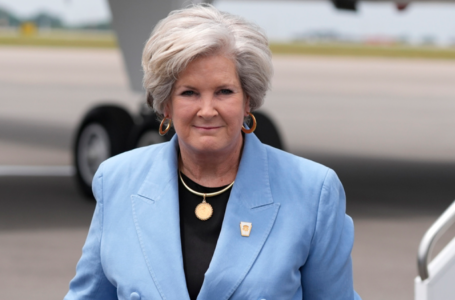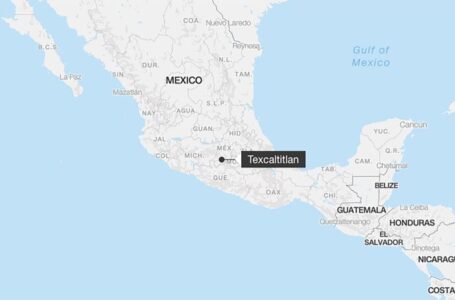Get to know Donald Trump’s Cabinet: Who has the president-elect picked so far?
Low food tariffs will help, but agri output ultimately needs to rise — Balisacan


THE extension of reduced tariffs on key food products will help mitigate inflation, but the Philippines will ultimately need to improve agricultural output, according to the National Economic and Development Authority (NEDA).
In a statement Thursday, NEDA Secretary Arsenio M. Balisacan said the Philippines should also diversify its sources of imports to ensure the sufficiency and affordability of food.
Such measures would help mitigate the inflationary impact of El Niño, the persistence of African Swine Fever (ASF), and geopolitical disruptions and as supplier countries move to restrict their food exports.
“Short-term and long-term interventions need to work together to protect the purchasing power of households and boost producer productivity and income. Doing so will ensure equitable and sustainable development,” Mr. Balisacan said.
NEDA also said these strategies include sustained investment in irrigation, flood control, logistics, and climate change adaptation.
Headline inflation slowed to 4.1% in November from 4.9% in October, marking the 20th straight month that inflation breached the central bank’s 2-4% target range.
In the first 11 months of the year, inflation averaged 6.2%, still above the central bank’s 6% full-year forecast.
Meanwhile, the extension of the reduced Most Favored Nation (MFN) tariff rates for key agricultural commodities such as pork, corn, and rice will likely help keep food prices and overall inflation manageable, NEDA said.
“Swine fever, production shortfalls in corn, and estimated supply deficits in rice drove price increases in these commodities for this year, (but) additional meat imports played a crucial role in reducing meat inflation to -1.2% in September 2023 from 21% in 2021,” it said.
“In addition, the reduction on tariff rates had pulled down corn inflation and broadened market sources for rice, mitigating the impact of elevated inflation in September ,” NEDA added.
President Ferdinand R. Marcos, Jr. last week signed Executive Order (EO) No. 50, which extends the reduced MFN tariff rates on rice, corn, and pork until Dec. 31, 2024.
The rates for rice imports will be kept at 35% for shipments both within or over the minimum access volume (MAV) quota.
Tariff rates for fresh, chilled or frozen pork were retained at 15% for shipments within the quota and 25% for those exceeding the quotas.
Imports for corn are still to be charged 5% for shipments within MAV and 15% for those exceeding it.
The tariff rates on rice, pork, and corn are subject to review every six months, according to the EO. — Keisha B. Ta-asan











